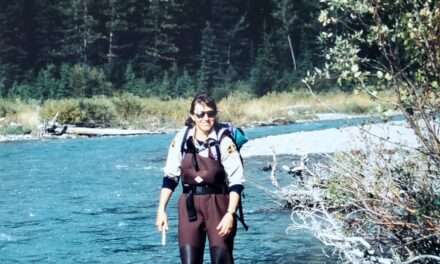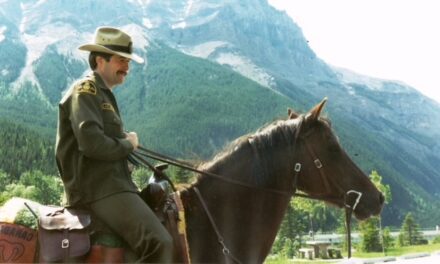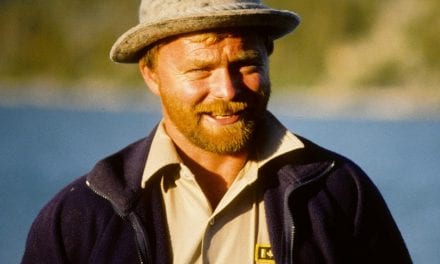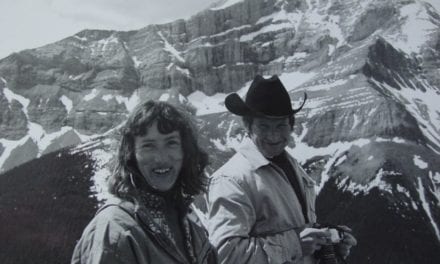(9:00) No, actually we were there about eight months… (In response to the question, “Did you spend a few years in Jasper?”) They didn’t lay me off and I won a competition and I ended up getting a GT2 job at the time on a district in Riding Mountain, Vermillion River. Gerry (Campbell) was the chief at the time. He was good to me, he was a good Chief Warden…He really cared, he cared about his guys and he cared about the park…That was his whole life eh. I don’t think that it is quite the same now, but back then the warden service was a big, big family.
(10:38) I wasn’t there very long. (In response to the question, “Were you in Riding Mountain for a few years?”) I was there three years I think and then I moved to Nahanni. I went there as the Chief Warden and I stayed up there for six years. We lived out on a district then. We were 100 air miles from any town or roads, or anything. Oh we loved it! (In response to the question, “Did you enjoy that?”) I just loved it, you had a lot of independence and in those days there was still enough money to do things. Yeah, it was really, really good. Our kids ended up going to school at the Indian village across the river…The way it worked there, you had an office and I lived in a trailer and another warden lived in a trailer, but the families were all around, all the time. This one day, it was in the afternoon, Wade and Ryan came into the office…They said, “Dad can we go down to the dock? A bunch of white guys came in on their canoes. We want to look at the white guys.” I thought to myself, “I think it is time to go!” The white guys were unique and the Indians weren’t! (In Silent Partners – Wives of National Park Wardens, Cheryl writes “Nahanni Butte (was)…a very isolated native community…There was a one room school with grades one to six, a store, a nursing station and a church…There were no roads, no television and radio reception was really poor. Our mail came whenever there was a plane; sometimes weeks would pass by without one. The barge would bring our groceries once a year so I got pretty good at ordering supplies or making do with what we had…” She also mentioned the important role of warden’s wives in remote areas. “Due to the few staff employed at Nahanni, the wives were called to do a number of things. We answered radios, registered visitors in and out of the park, docked planes and boats, changed the power plants over and cooked constantly, as there was always someone dropping in.” In terms of making the most out of life in such an isolated area, Cheryl wrote “We enjoyed many a dance, movie ad supper with the natives. At Christmas and other holidays, we would have a big supper in the school. The natives would cook their dishes and we would cook ours, then have a potluck. (pg. 138/139). Cheryl joins in at the end of the interview 59:07. )
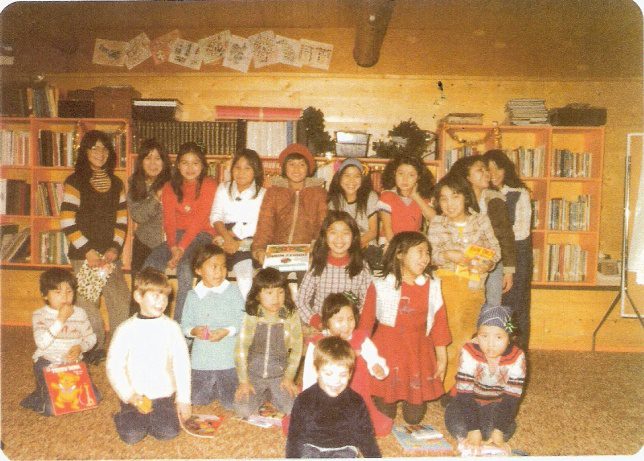
Nahanni Butte – Grade 1/2 class.
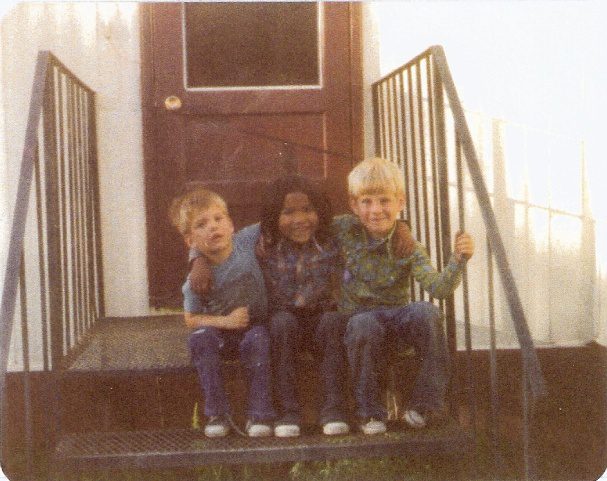
Friends Ryan, Mel and Wade – 1979
(12:46) Oh yeah. (In response to the comment, “It would have been an amazing opportunity for your boys to see those places and grow up in those areas.”) The things that we did, you know, the jet boat trips, the trips in the helicopter and airplanes and stuff like that, especially in the north. At that time they thought an otter and a beaver were planes and (that) vehicles were a novelty! I think it was good, it didn’t hurt them. Yeah, he actually has never worked in the south. (In response to the comment, “It is interesting that your son is still in the north.”) Oh no, he did actually. They transferred him once down to near Regina. But he has worked in the high arctic, in Nunavut, he’s worked in Inuvik. They like the north. There are more opportunities in the north.
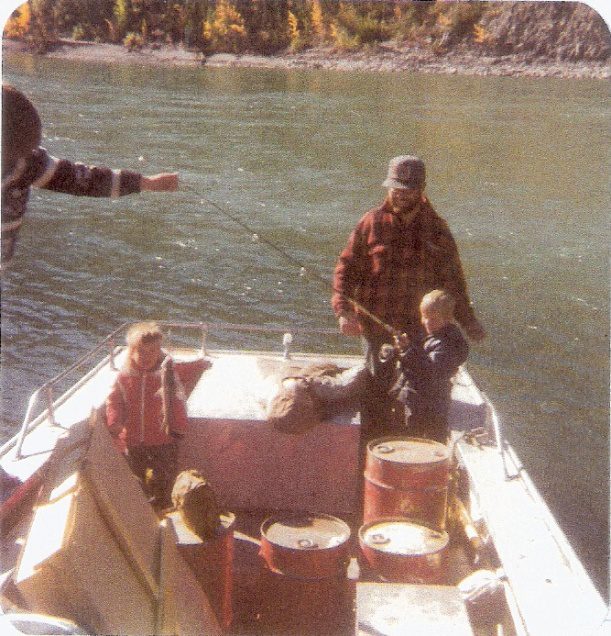
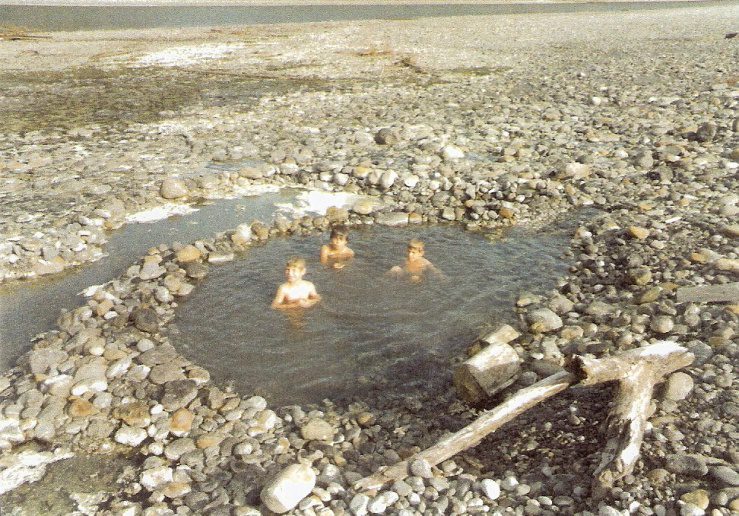
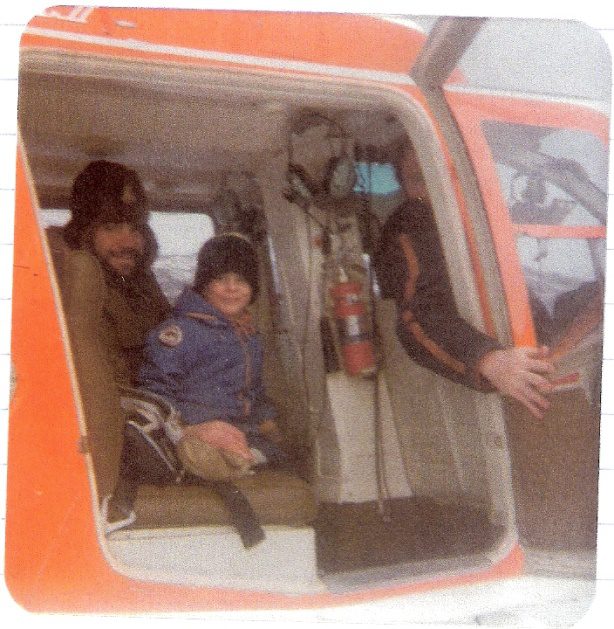
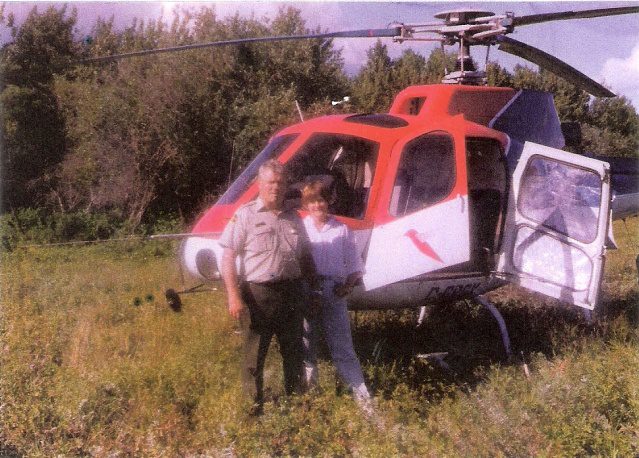
Nahanni National Park – Ryan and Wade fishing, relaxing at the Kraus hot springs with friend Mel and going for a helicopter ride. The only way in and out of the park was by boat or air.
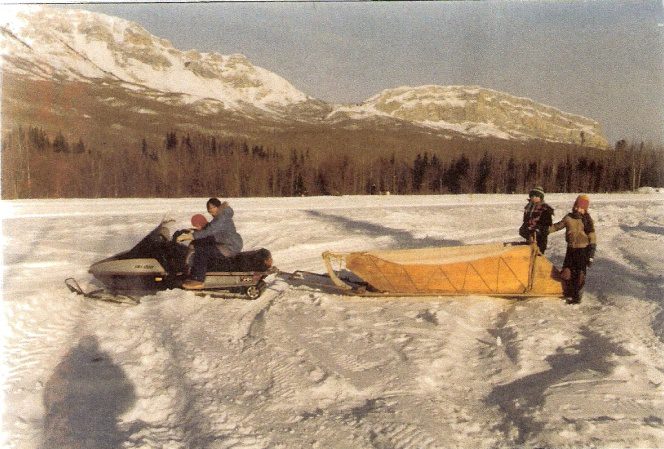
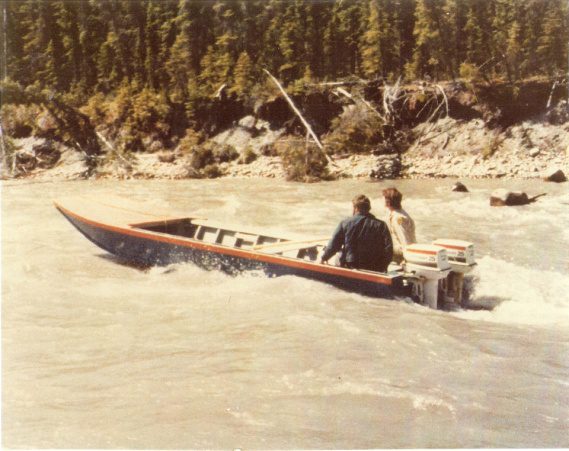
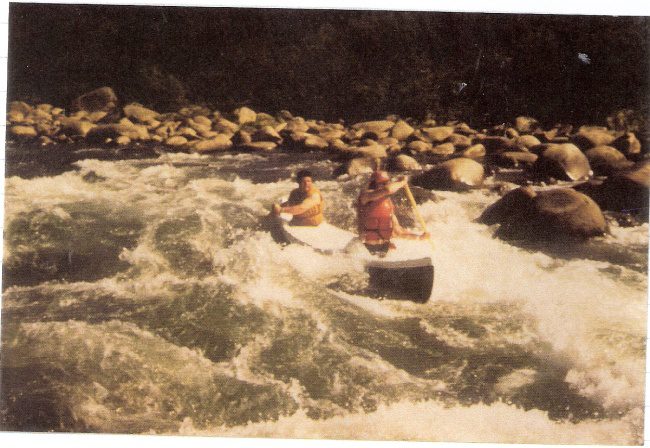
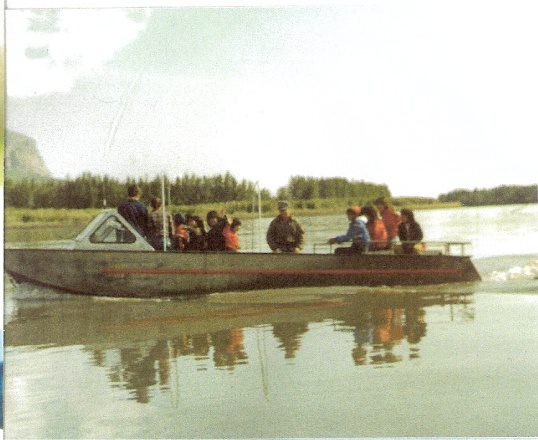
Canoe and jet boat patrols on the Nahanni River– Jet boats were the main mode of transportation
